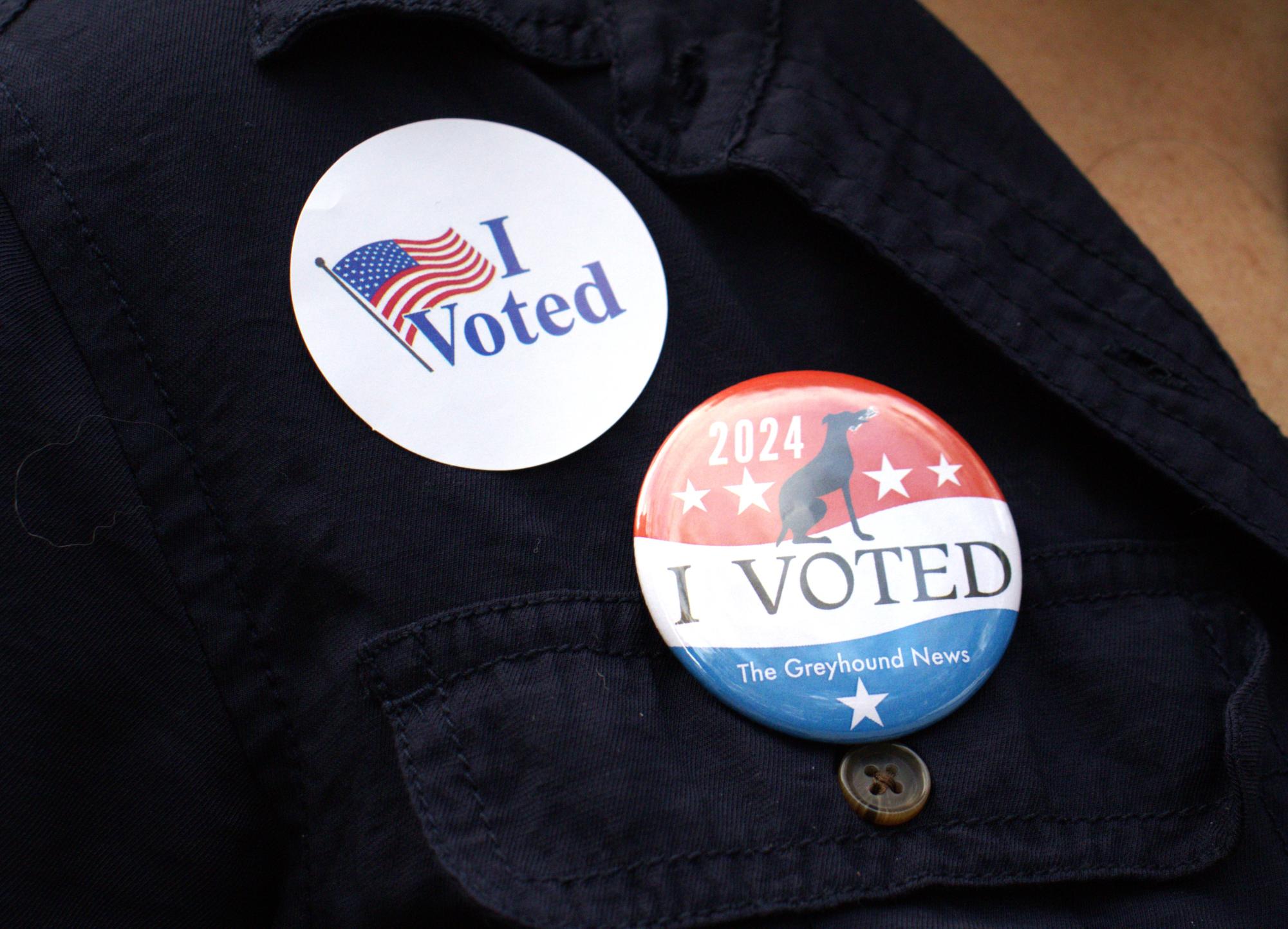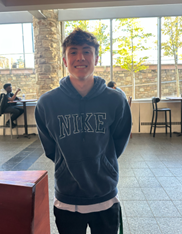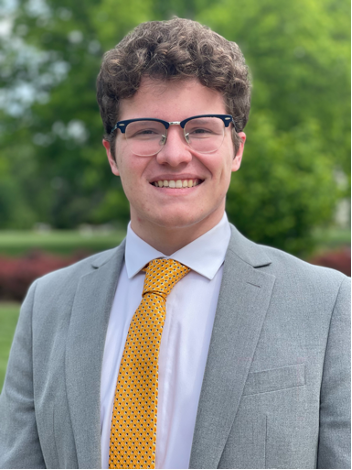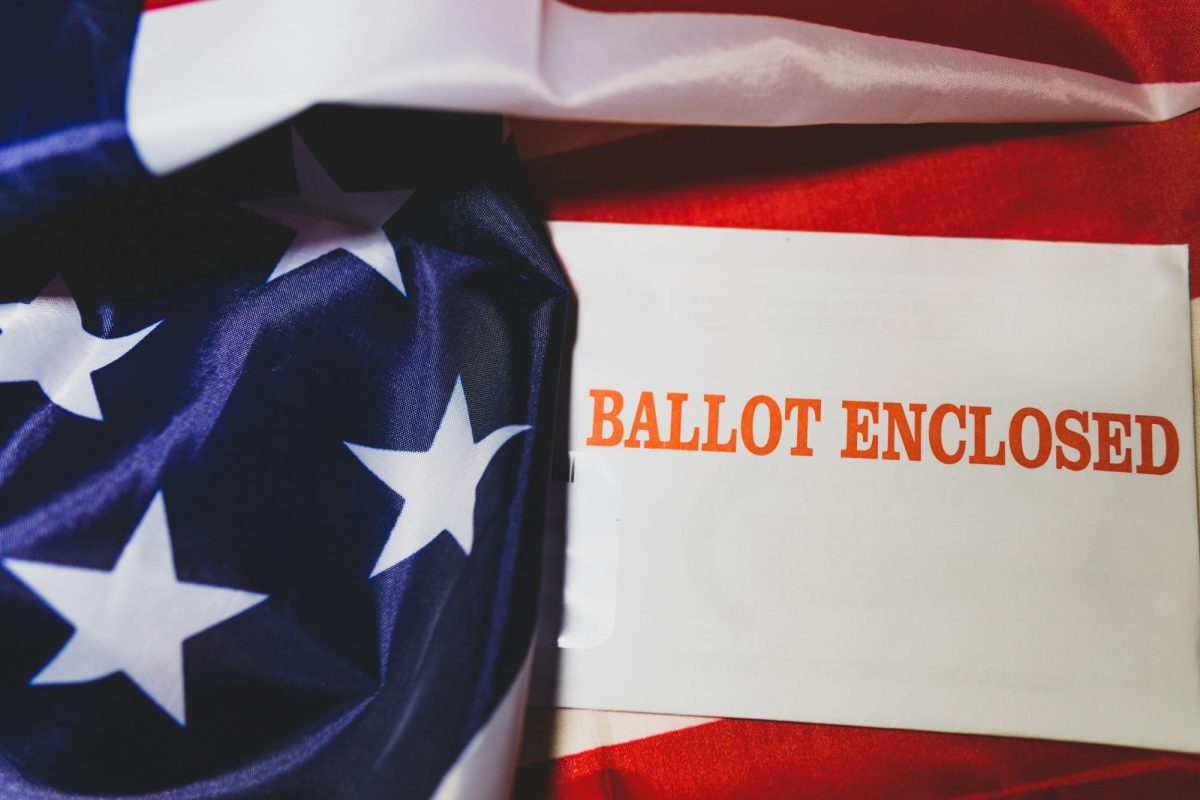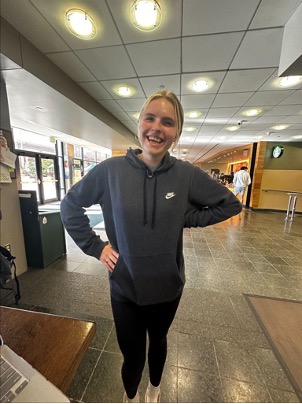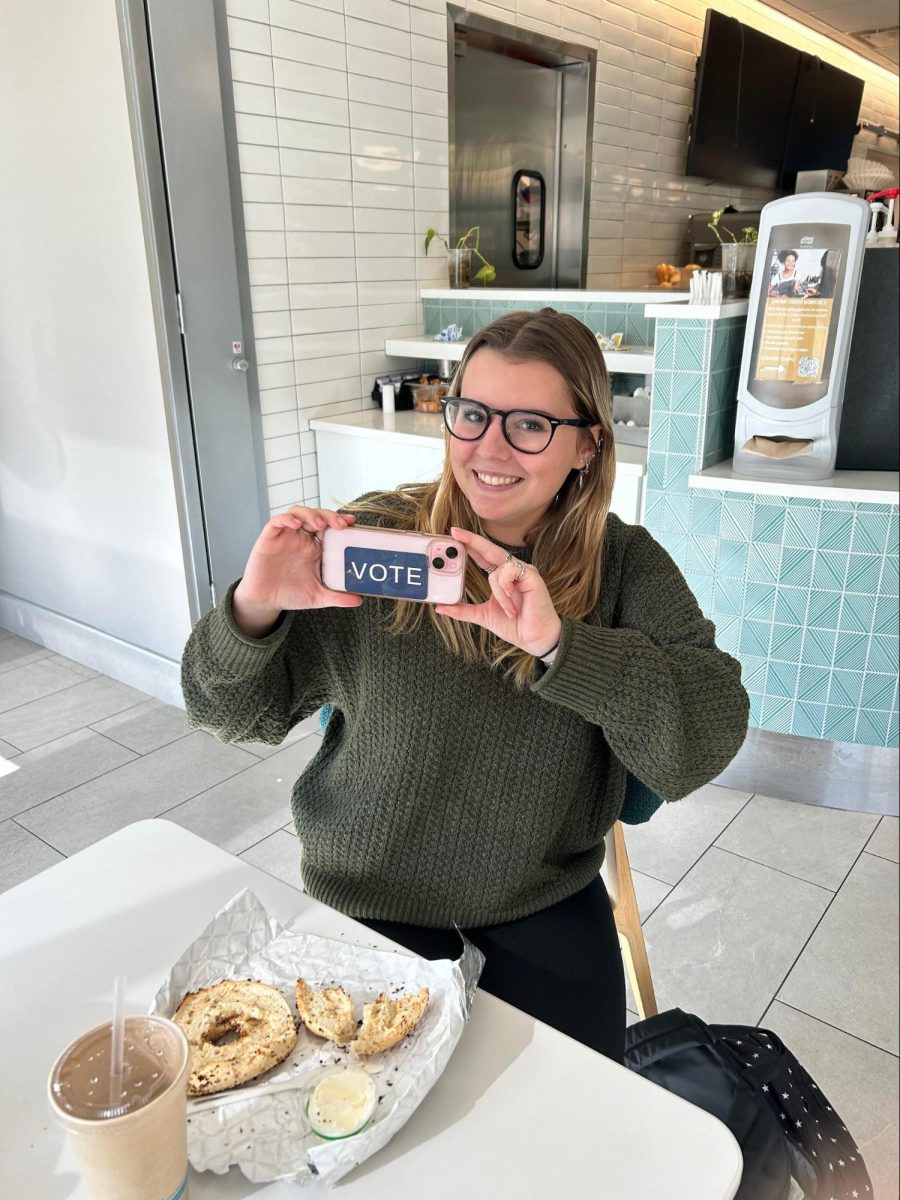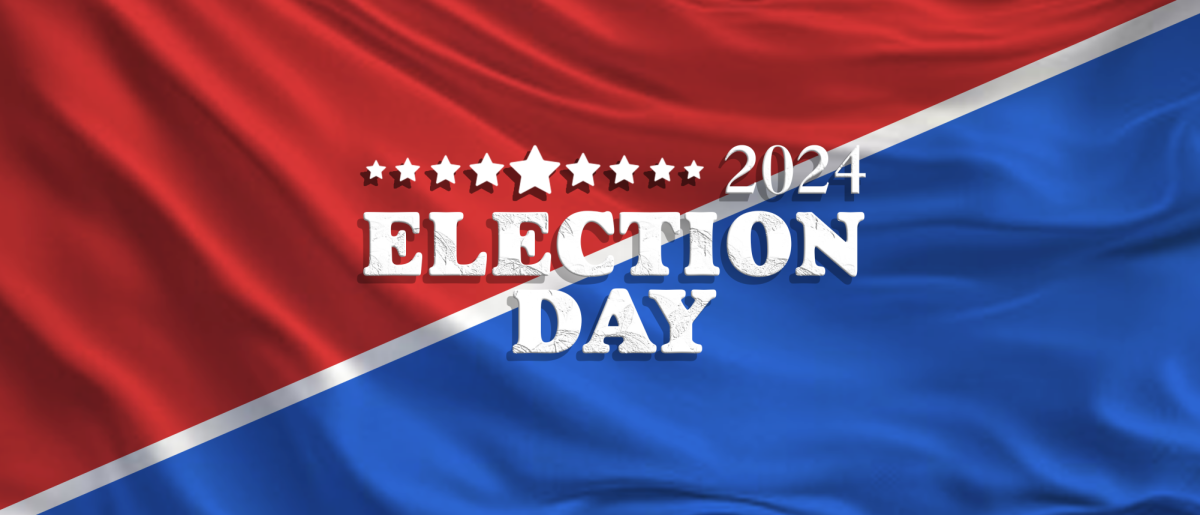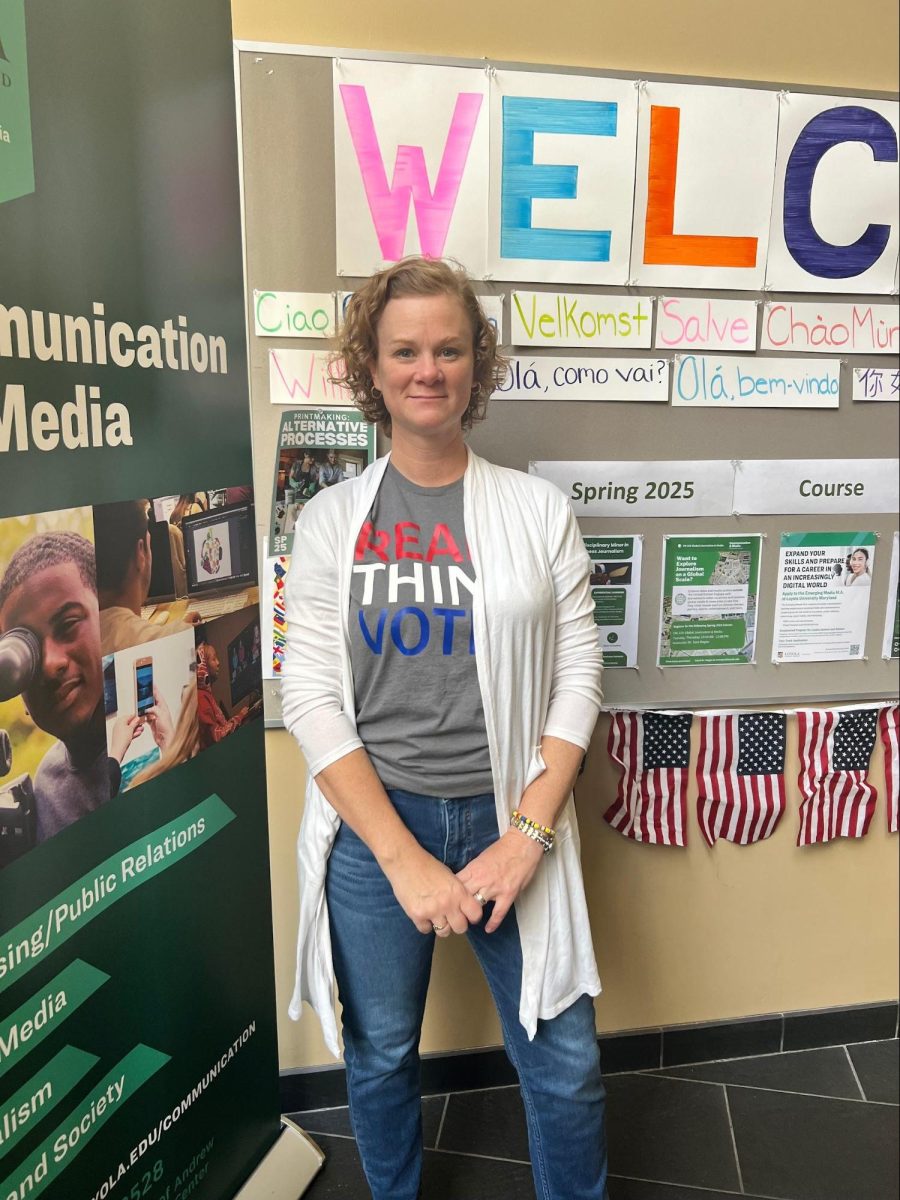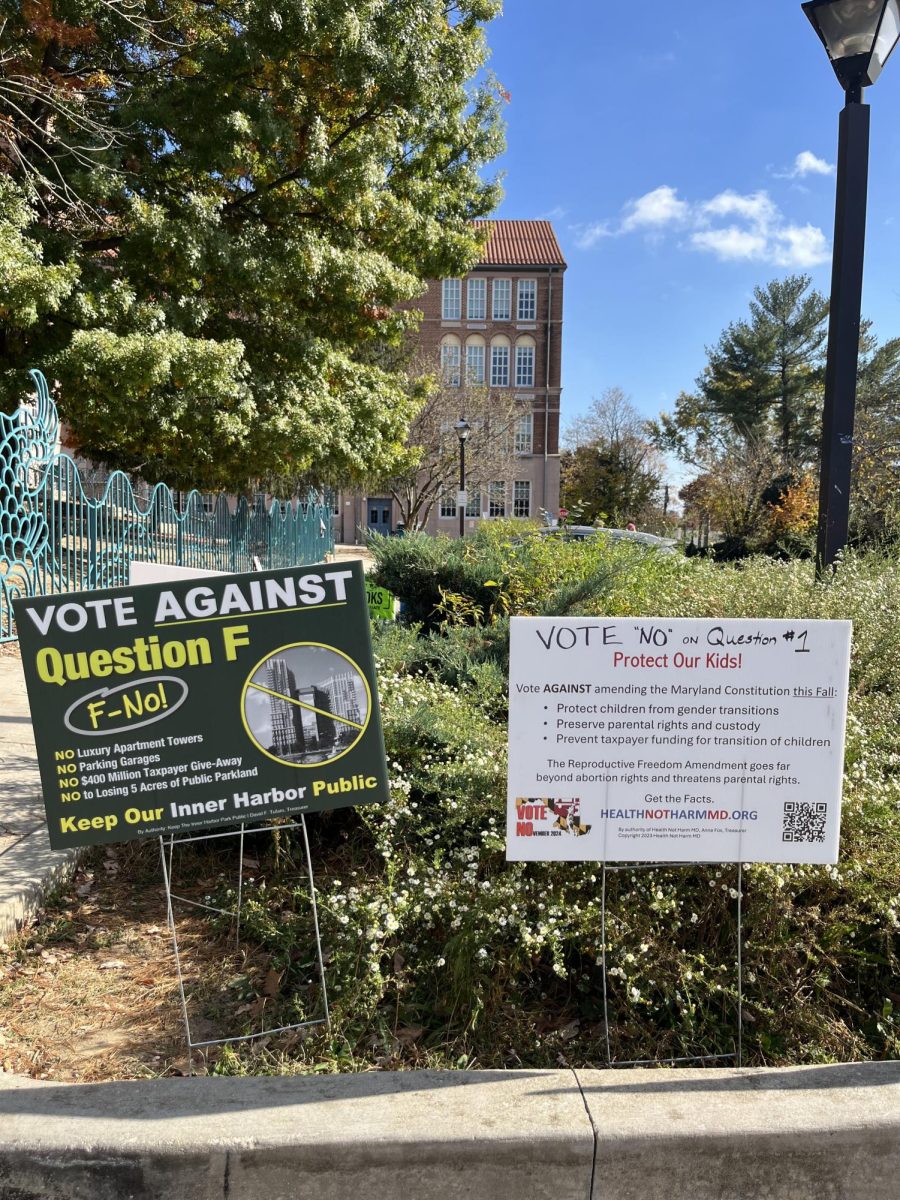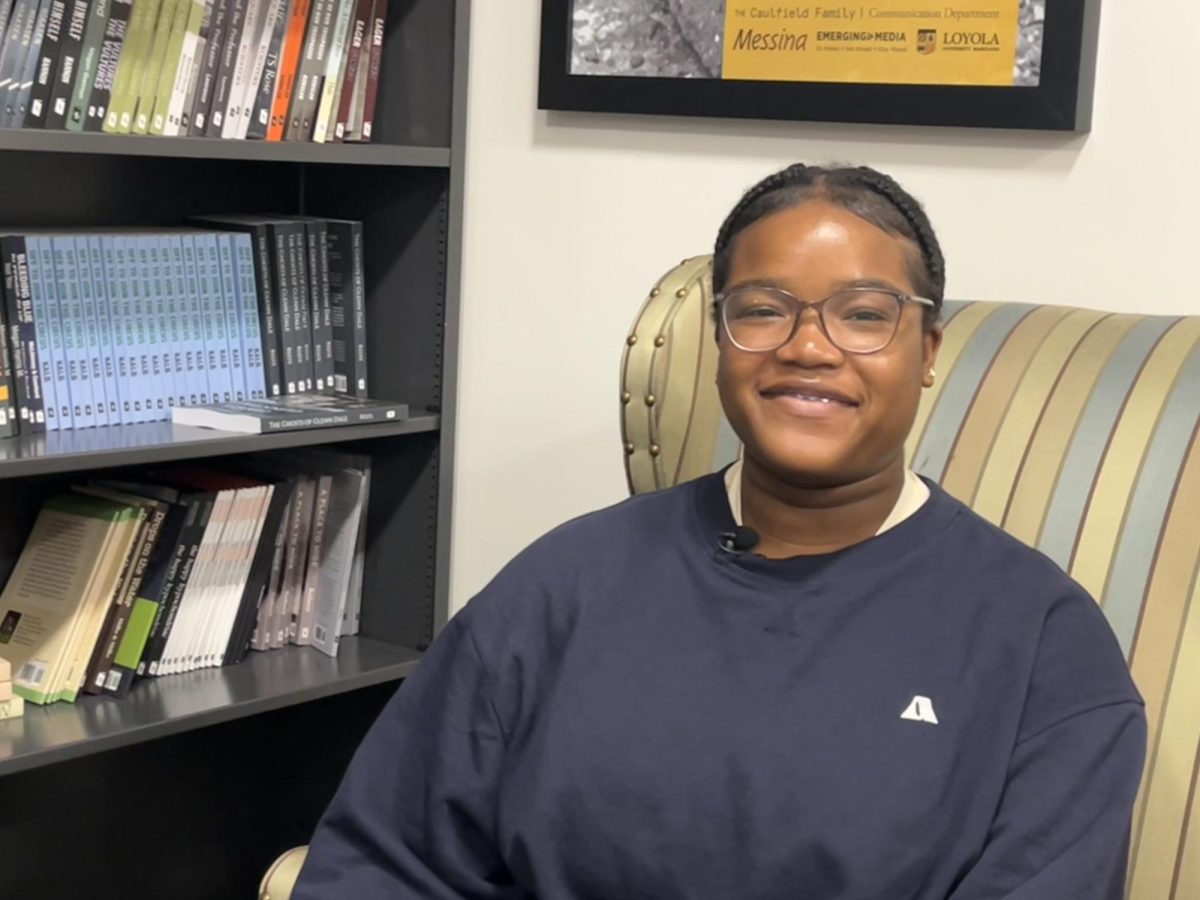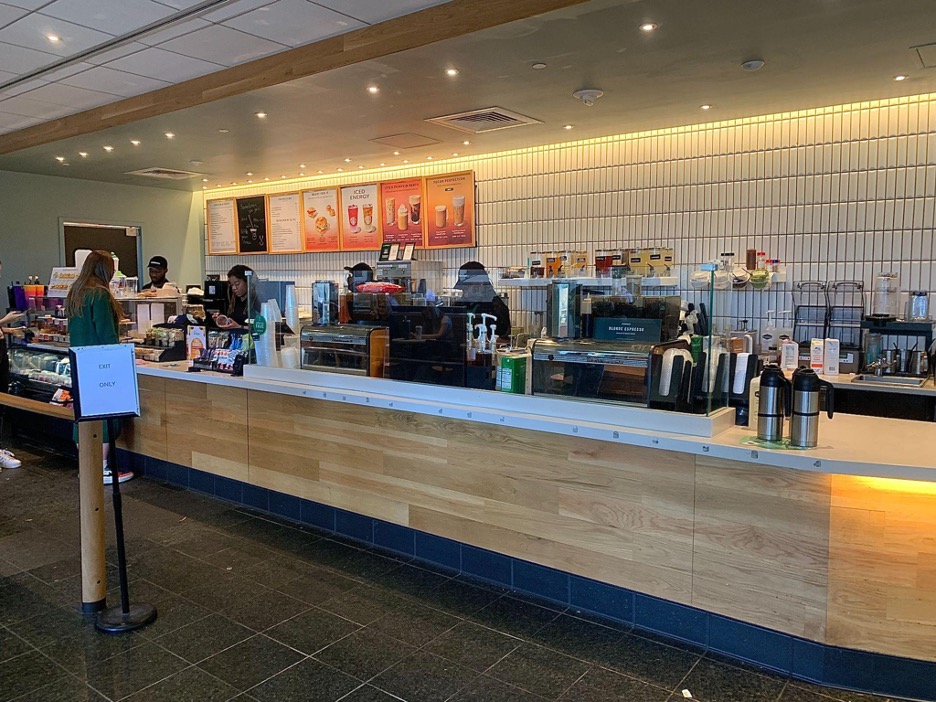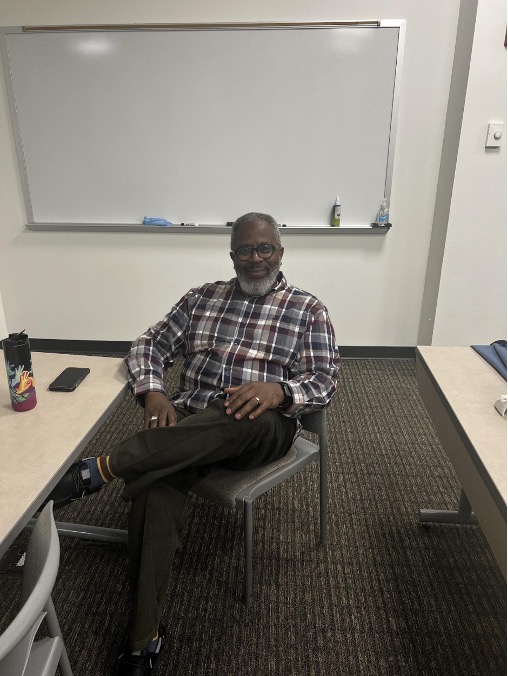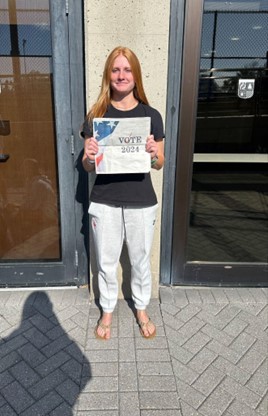For the 2024 Presidential Election, the leading candidates took an untraditional approach for reaching voters, appearing in non-traditional media interviews via podcasts and YouTube channels.
Dr. Greg Hoplamazian, an associate professor and academic director of the Emerging Media Master’s Program at Loyola believes that now more than ever, non-traditional media is having an impact on the election.
“With the success and popularity of social media, people are using it intentionally so now there are a lot of young creators that carve out niches for themselves to speak with other young people about a range of topics.”
Andrew Winkelman ’26, an accounting major at Loyola, believes that non-traditional media interviews can bring a different perspective for voters.
“It humanizes the candidates in a way because you get to see other people talk about them not like religious figures or deities but just as people, people that are running for positions in government because that’s all it really is.”
Non-traditional media also has the potential for spreading misinformation, particularly during an election year. Hoplamazian emphasized the importance of avoiding the spread of information that is not fact-checked.
“What we have seen happen over the last several years is that someone can share something that is an idea that is made up and if one consequential person sees it and shares it with their large network, then all of a sudden, an idea that was from someone with 100 followers gets picked up by someone with 10 million followers,” Hoplamazian said.
“Now it can get popular enough that traditional news media sites say that people are talking about this made-up thing and then it becomes a legitimate news story.”
Winkelman said that he thinks podcasts can be a better outlet than some major news organizations.
He said, “These outlets are a way to give new perspectives, lay out all the facts, without any of the explosive drama.”
Established YouTube personalities like Joe Rogan have extensive reach. His show hosted former President Donald Trump on The Joe Rogan Experience and the episode accumulated 45 million views. Vice President Kamala Harris appeared on former NFL player Shannon Sharpe’s podcast, Club Shay Shay, which pulled in 1.5 million views and an additional 100,000 views for shorter clips from the episode.

